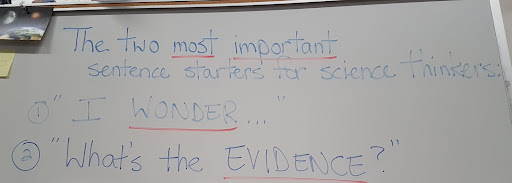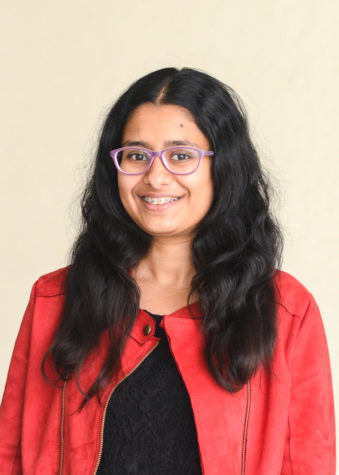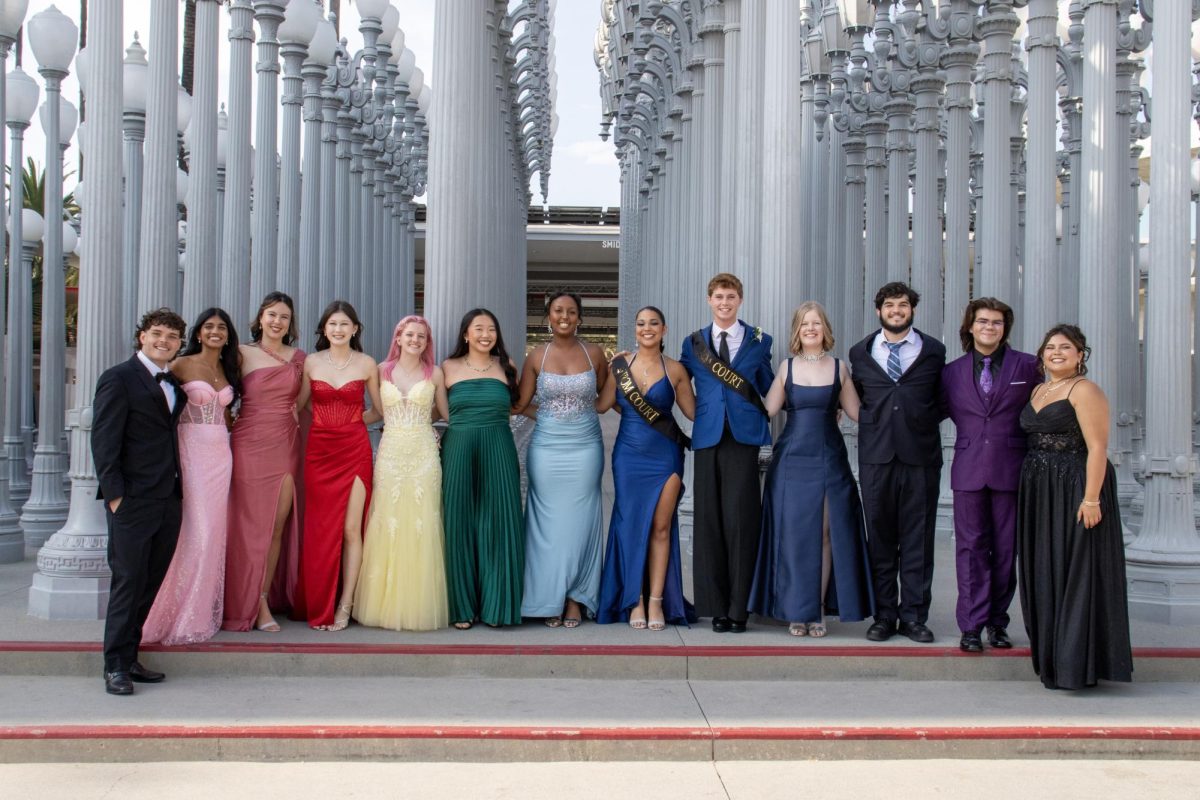The Essence of Science is Vanishing from AP Science Classes

Art/Photo by Anika Agarwal
Science teacher Mrs. Chambers keeps a list of questions that scientists should never stop asking on her whiteboard for all students to see. Mrs. Chambers believes that the structure of the science education system “beats the joy” out of learning science the right way.
January 6, 2022
Do you miss the five-year-old child in you who used to ask questions all the time: “Why? Why? Why?” I do. Many students have become so overwhelmed with their schoolwork and extracurriculars that the essence of curiosity in their science classes has vanished. Learning science right now seems like an abstract deal with minimal opportunity to wonder about the true processes behind the science around us.
To some, this may not seem like an issue, as students still receive points to pass their classes. But there is more to every class than just the letter grade. As we enter college and the real world beyond, we won’t be spending our days doing assignments. Instead, we may have to innovate and think outside of the box to come up with solutions no one has ever thought of. That’s what being a scientist is about!
West High science teacher Mrs. Chambers expressed that “wondering is an expression of curiosity and curiosity drives people to dig a little deeper.” The motivation to dig deeper is what’s missing in students. When we take a deep dive into ideas or scenarios, we open up doors to a range of questions.
Mrs. Torres, the AP Physics teacher, explained that students have to understand and internalize the basic information before understanding the bigger and more complex problems of the world. She explains that being an AP teacher, there is this struggle “in that you want students to be interested and answer real world problems and on the other hand, you want to give them the tools to be able to do that.” Unfortunately, students may lose interest, since curiosity is not always fostered and classwork can feel monotonous. But especially for AP Physics, in which students aren’t required to take a prerequisite course for the subject, teachers must start from zero – making the entire process difficult to balance.
Rachana Jestadi (11) is taking AP Physics this year and is learning how physics works for the first time in her life. She feels that the class is structured in a way that she is able to “understand how everything works and how it is related to real life” but sometimes has trouble connecting the dots because the material that she is learning is completely new. Many students like Jestadi are being challenged to push themselves.
Another AP science class offered at West is AP Chemistry, where students perform pre-planned labs by the AP College Board and experiment with different substances to determine their properties. Ms. Nguyen, the AP Chemistry teacher at West, expressed that the students in her class “are having fun during the labs but then, the analysis sometimes can be very challenging but that’s because the coursework is so challenging.” Labs can be difficult and labor-intensive, which may be why students don’t feel motivated to seek a comprehensive understanding of the concepts.
So how can we fuel our scientific curiosity? No matter their level of understanding, all students can try to ask more questions and research more on their own. Mrs. Chambers explained that one way to become more rigorously involved in science is “to take the initiative to go and wonder a little on your own and seek out answers if you aren’t getting them in classroom settings… and never stop.” When students are able to fuel their curiosity, their interest and understanding of different ideas will grow. To dedicate themselves to expanding their knowledge, AP students must take the extra step to dig deeper.
Aside from completing the course and taking the AP exam, science is everywhere in the world. Fostering curiosity in class serves a higher purpose: preparing students to apply their knowledge throughout their daily lives. Saumya Swati (12), a student who plans to have a career in science, observes science through baking: “I would be making cookies… and would start talking to [my friends] about random food chemistry. I find science in everything.” Learning science for the mere purpose of passing that huge exam and getting college credit shouldn’t be the driving force behind why students learn science. Exploring outside of our classrooms, collaborating with our colleagues and thinking about the applications of the science that we learn in school is the desired goal. How scientific do you want to be in your life?
*The opinions expressed in our Opinion articles are the author’s own and do not necessarily express the views of the Signals Staff or West High.




